By Nathan Turner Jr.
For the Birmingham Times
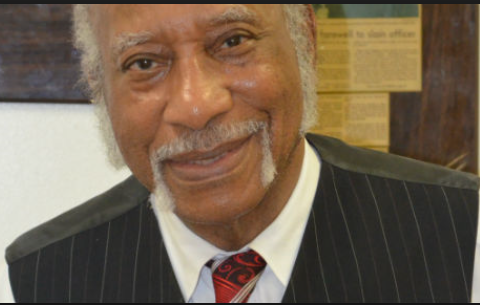
The Rev. Dr. Jonathan McPherson of Hueytown recalls an admission from an Alabama circuit judge several years ago. The jurist had tried a case against men who allegedly tried to kill civil rights activist Fred Shuttlesworth in the 1960s. The same man had presided over the trial of Ku Klux Klansmen accused of castrating a black man named Judge Aaron in East Birmingham in 1957.
“That judge told me that he discovered that Klansmen could not deal with two things: the black church and the black preacher,” said McPherson, longtime pastor of St. John Baptist Church in Edgewater.
McPherson and other ministers were asked recently about the past and present roles of the black church in advance of the upcoming 110th National Baptist Congress, which will be held in Birmingham, June 12–17.
Church Challenges
Although the African-American community still faces such age-old ills as racial discrimination several clerics assert that the church must focus more on uplifting the family and tackling economic and legal inequities. They also say the church must counter a rising tide of “me”-ism, or status-seeking, among parishioners.
McPherson, dean of the Alabama Baptist State Congress of Christian Education, says the church has historically taken a robust role not only in civil rights but also in the everyday lives of parishioners.
“When we did not have anything else, we had the church,” he said. “And it’s going to take the church to give us hope,” said McPherson, who was an adviser to Miles College students during the city’s selective buying campaign (retail boycott) in the early 1960s.
McPherson recalled that civil rights leaders like the Rev. Shuttlesworth and other ministers formed the Alabama Christian Movement for Human Rights (ACMHR) in 1956. The group, established after the state of Alabama banned the National Association for the Advancement of Colored People (NAACP) from operating, helped lay the groundwork for the Birmingham civil rights movement.
McPherson warned the community against complacency despite Barack Obama’s ascendancy to the U.S. presidency.
“When we look at the condition of black America, we should not be deceived. Many of us are worse off than before the Rev. Dr. Martin Luther King Jr. died,” he said.
McPherson cited numerous ills besetting the community—high rates of black male incarceration, domestic violence incidents, out-of-wedlock births. The church, he said, also should take the lead in providing more anger-management classes to address forms of violence.
Filled a Vacuum
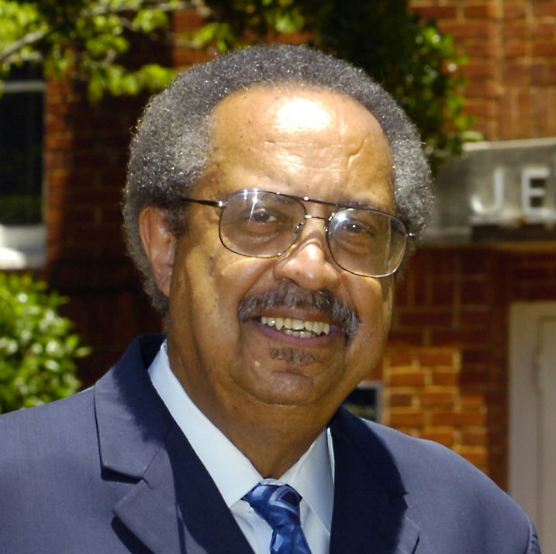
The African-American church filled a vacuum after slavery ended for a community that lacked a strong economic, political, and social structure, says Dr. Wilson Fallin, a historian who teaches at the University of Montevallo. “The state spent very little on education for blacks, so the church built schools,” such as Miles College, said Fallin, who is also president of the Birmingham-Easonian Baptist Bible College in Powderly.
The first community businesses came alive under the auspices of the church, Fallin said. For example, the Rev. William Pettiford, pastor of the city’s 16th Street Baptist Church founded the Penny Bank in 1890. That institution helped finance the construction of businesses, churches, and homes.
Also, Birmingham businessman A.G. Gaston was inspired to found Citizens Federal Savings and Loan after a funeral at Hopewell Baptist Church. And the Central Industrial Insurance company was established at Shiloh Baptist Church to give blacks a sense of self-respect, added Fallin, who sees the church’s role expanding on several levels.
“We are going to have to rescue young black males,” he said. “There are now more young black males in prison than in college.”
The incarceration of minority men wreaks havoc, particularly for young women seeking suitable spouses, Fallin said. A poor defendant who cannot afford a lawyer will likely end up in prison. Afterward, he will have a hard time finding a job in order to readjust to society. Fallin suggests that churches mount a more aggressive campaign to challenge laws that feed inequities in the judicial system.
Programs also must be instituted to reverse family disintegration, provide remedial education, and alleviate problems swirling around the poor, Fallin said.
Moral Value
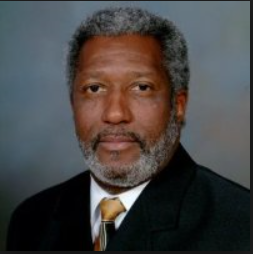
The Rev. Baxter Morris, pastor of the historic First Baptist Church of Montgomery, said, “The church is carrying the same role as it has in the past: giving people moral value, providing a source of happiness. The church still offers stability,” he said.
Morris notes that most black churches are financially handicapped. He suggests that perhaps 40 percent of a typical congregation may be lower-income workers, such as fast-food employees or bus drivers.
“Many members are struggling just to keep their heads above water,” said Morris, who explained that limited church coffers also hamper development of outreach initiatives like drug-abuse or family-therapy programs. Dwindling donations and tithes from these memberships also make it harder to establish private schools, after-school programs, and summer camps.
The solution, Morris said, is to find creative opportunities for better employment in the community.
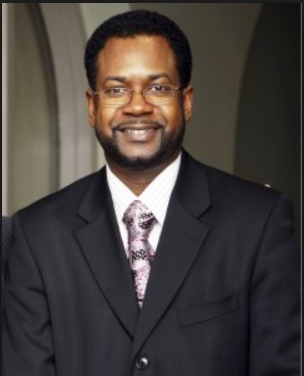
The black church infused African-Americans with a biblical perspective that avoided violence and coercion for the sake of nonviolence, said Dr. Reginald Calvert, pastor of New Jerusalem Baptist Church in Bessemer. Blacks, he said, also learned organization and self-respect within the confines of religion.
“Birmingham pastors and others throughout the nation have seen a shift from the time when the church influenced politics to now, wherein politics influence the church,” said Calvert.
That phenomenon aside, the church, for better or worse, is seeing a movement away from the notion of helping others toward a desire for personal gain. This means the church also may need to institute more financial-management seminars to meet this need, Calvert said.
Balance
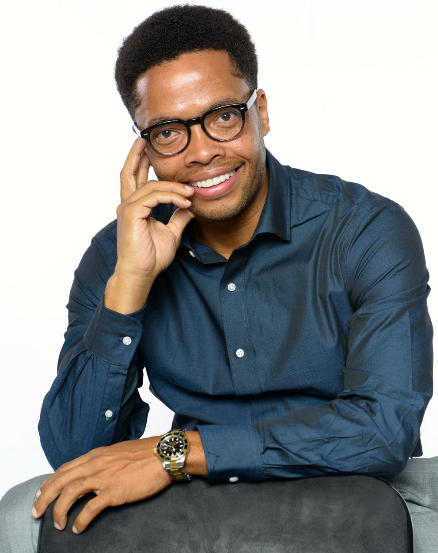
The church traditionally has helped African-Americans resist oppression but must now counter a materialistic trend among parishioners, agreed Kurt S. Clark, pastor of Sardis Baptist Church in West Birmingham. “In an effort to show success, we no longer foster any kind of commitment to look out for our own.”
Clark, author of “Invisible Institution and Empire: A Culture of Resistance in America,” said the church must consolidate efforts to tackle ills of the black community.
“We need to take advantage of opportunities to respond to issues like police brutality,” he said. “We need to coalesce our efforts rather than take separate attacks.”
The church, Clark pointed out, must continue to cultivate its tradition of producing leaders, such as bankers, lawyers and teachers.
The Rev. Jerome Calvert, however, argued that the black church should first look inward to get its “own house in order.”
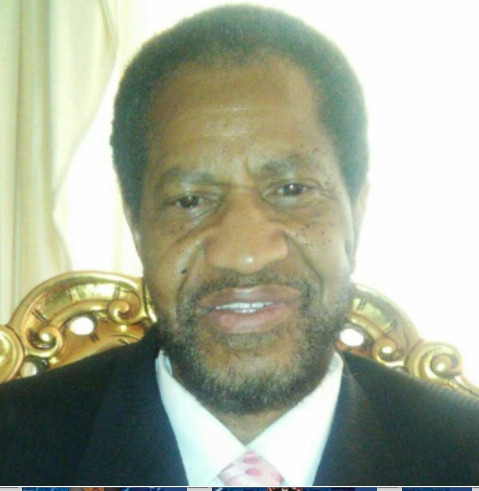
Calvert, pastor of Oak Grove Baptist in Brighton, believes the church must clarify issues of doctrine and re-emphasize the word of God versus material pursuits.
“We don’t have to expand our [outward] goals. We need to go back to the Lord,” he says. “We need to bring balance in Jerusalem—and that’s a lot of work.”



